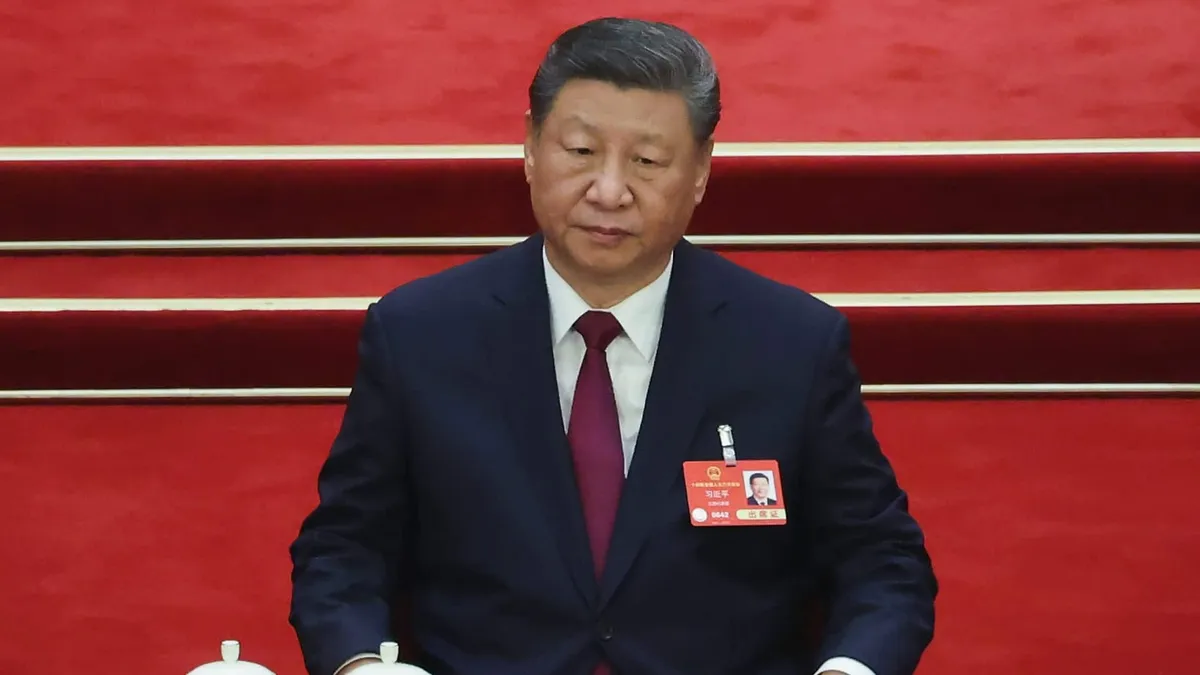
In a significant move against U.S. President Donald Trump's tariff policies, China has announced a substantial hike in its import levies on U.S. goods, raising tariffs to over 80%. The Office of the Tariff Commission of the State Council stated that effective April 10, tariffs on U.S. imports will increase from 34% to an alarming 84%, according to a translation of the official announcement.
This latest escalation comes on the heels of the most recent U.S. tariff hike, which has pushed levies on Chinese imports to exceed 100% as of April 9. The ongoing trade war between these two economic giants poses a serious risk of bringing bilateral trade to a complete standstill. According to the Office of the U.S. Trade Representative, the U.S. exported approximately $143.5 billion in goods to China while importing $438.9 billion in 2024.
Last week, the Trump administration unveiled a comprehensive new tariff policy, cautioning other nations against retaliatory measures. While some countries, such as Japan, have shown a willingness to engage in negotiations regarding tariffs, China's approach appears to be more confrontational. Following China’s initial reaction to the April 2 tariff increases, President Trump responded with an additional 50% tariff hike, raising the total import taxes on Chinese goods to a staggering 104%.
U.S. Treasury Secretary Scott Bessent addressed the situation during an interview with Fox Business, stating, "I can tell you that this escalation is a loser for them." Prior to the April tariff rollout, the U.S. had already implemented new tariffs on China, Canada, and Mexico as part of a broader initiative aimed at curbing the influx of fentanyl into the United States.
The ongoing trade war has sent shockwaves through global markets, with investors expressing concern over the economic ramifications. As a result, global equity markets have experienced a sharp sell-off throughout April. The S&P 500 index closed down nearly 20% from its peak, officially entering a bear market. Additionally, South Korea's Kospi Index has similarly dipped into bear market territory, while stocks in Shanghai and Hong Kong have also suffered significant losses following the U.S. tariff announcement on April 2.
This situation is developing rapidly, and we will continue to provide updates as more information becomes available.